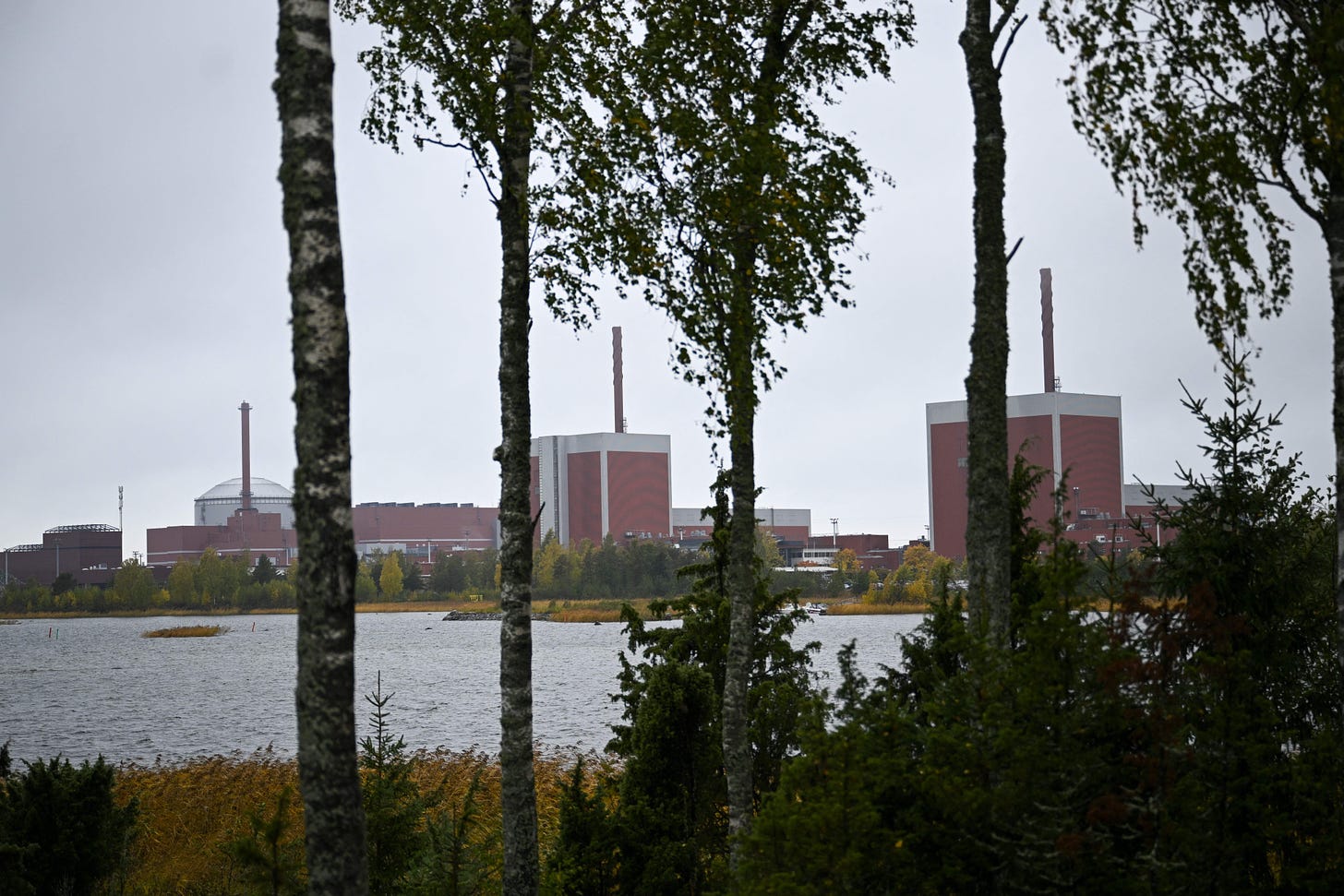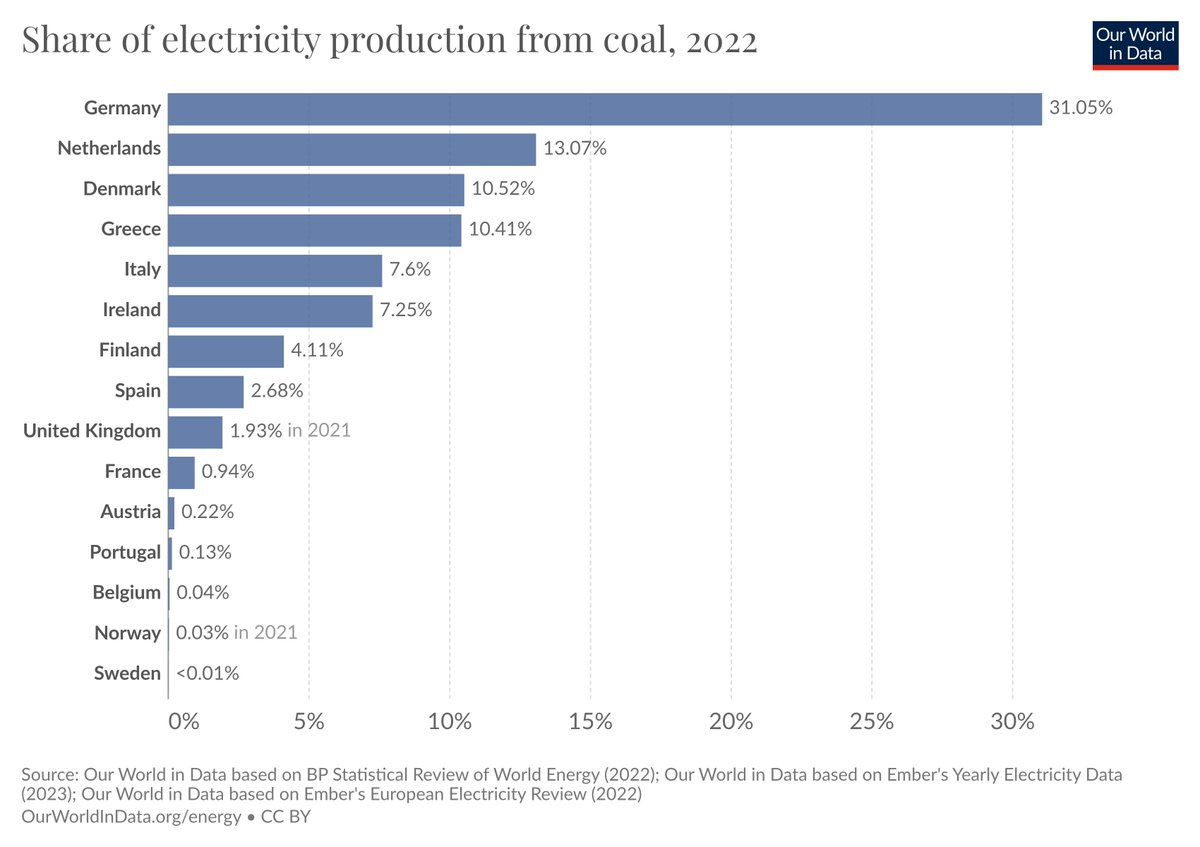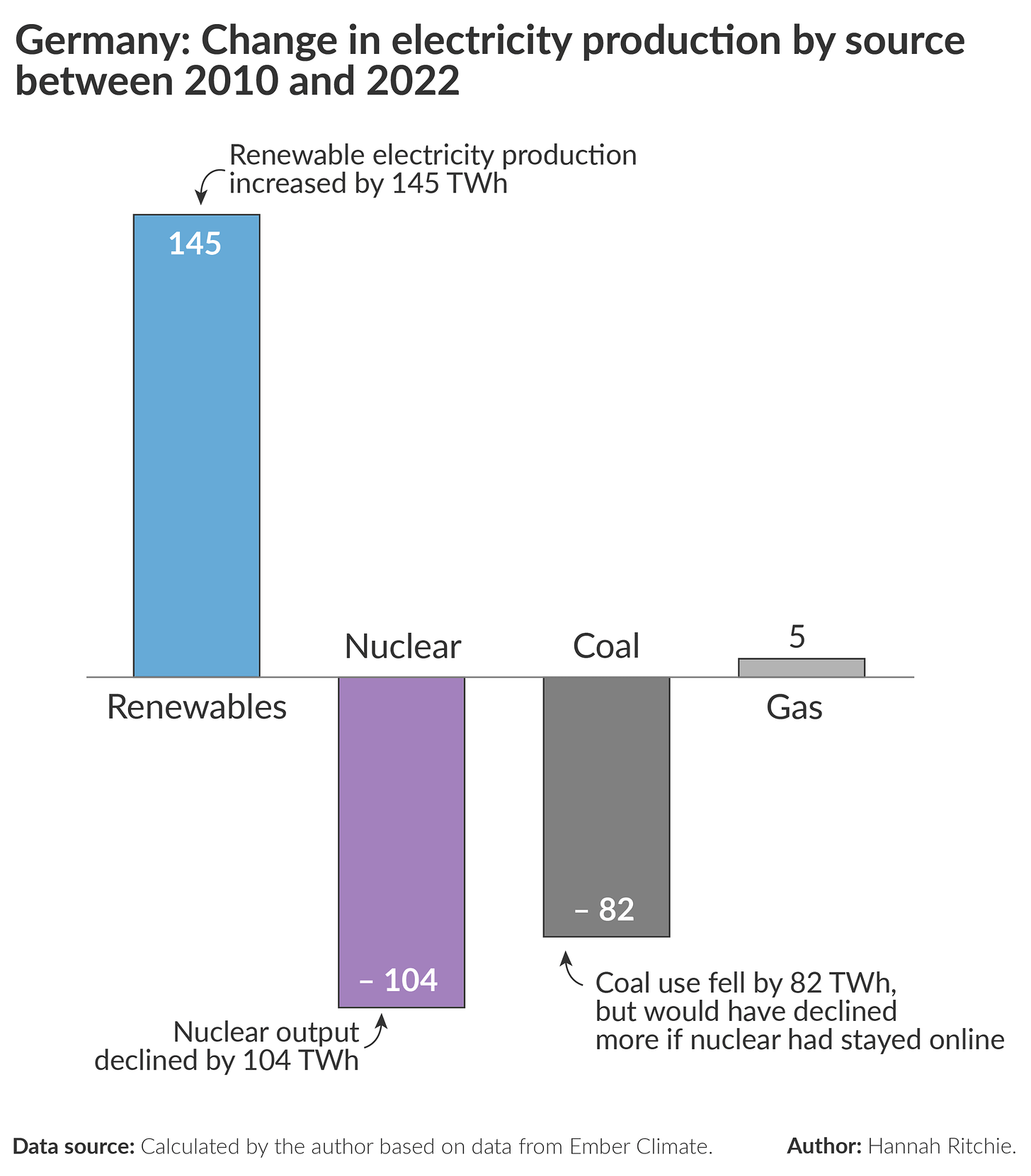TL(PM) DIGEST: DeSantis could beat Biden—but his party needs to kick its addiction to Trump
Plus a crackdown on illegal Chinese police outposts in the United States, wins and losses for nuclear power in Europe, and a new survey of Americans' priorities
1. Could Florida Governor Ron DeSantis beat President Biden?
What happened? Although the presidential primaries are still many months away and Governor Ron DeSantis (R-FL) has yet to announce his candidacy, the narrow margins in a few swing key states give the red-state leader a fighting chance against the incumbent president.
Why does it matter? Former President Donald Trump currently leads all contenders in the early nomination battle. But as TLP’s Ruy Teixeira argues in a new Washington Post column, Trump is not a shoo-in:
He is viewed far less favorably by Republican voters today than he was as president, when his “strongly favorable” number pushed 70 percent. About one-third of Republicans now say they are Trump-first Republicans; when he was in office, half of Republicans commonly described themselves that way. Much will depend on how Republicans value the question of electability as the race takes shape; the more they do so, the more it opens the door for non-Trump candidates.
TLP’s take: Given President Biden’s anemic job approval ratings and deficiencies with several important voting blocs, any Republican has a fighting chance to win in 2024—but Trump has unique and well-known limitations as a leader on the national stage.
A more competent and less loathsome GOP figure than Trump could certainly give Biden a run for his money. DeSantis, for his part, made huge inroads with Hispanic voters in 2022, currently beats Biden in a hypothetical head-to-head, and has been ahead or tied in every poll since the beginning of March as seen in RealClearPolitics.
2. FBI arrests two on charges related to secret Chinese police station in New York City
What happened? Federal prosecutors in New York charged two individuals arrested on Monday with conspiring to act as agents of the Chinese government for their alleged involvement with an unofficial and unauthorized Chinese police outpost in Manhattan. The individuals charged stand accused of finding and harassing a California resident critical of the Chinese government, as well as obstructing justice by deleting their communications with Chinese security services once they learned the FBI was on their trail.
Why does it matter? Beijing has opened over 100 secret police stations around the world, with the intent of surveilling and harassing critics of the Chinese government and its ruling Communist Party; the FBI raided the Manhattan branch last October. As the Department of Justice official announcing the charges put it, these outposts represent one key part of the Chinese government’s “efforts to globalize the oppressive tactics used domestically in China to silence dissent.”
TLP’s take: The extent of the Chinese government’s efforts to surveil, harass, and intimidate critics and dissidents around the world shows that the country’s ruling Communist Party views the mere existence of open and liberal societies as a mortal threat to its own power at home. There’s little the United States or other democracies can do to change this perception, and our approaches toward China and its current rulers should reflect that fact.
3. One step forward, three steps back for nuclear power in Europe
What happened? Finland’s new 1.6-gigawatt Olkiluoto 3 nuclear reactor has come online and started generating regular power, making it the first new nuclear reactor to begin operations in Europe in more than a decade and a half. While Finland will now receive almost a third of its power from nuclear plants, Germany has shut down its last three reactors—leaving it more reliant on coal for energy.
Why does it matter? While Finland’s nuclear power plant represents a step forward toward reliable energy for Europe after losing Russian fossil fuels, Germany’s reactor closures amount to three steps back—not just for European energy security but the fight against climate change as well. As climate researcher Hannah Ritchie notes, Berlin’s decision to phase out nuclear power wiped out a good deal of the climate gains Germany made by building out renewables and reducing coal use.
TLP’s take: Nuclear power remains an indispensable part of the clean energy equation for the United States and other advanced industrial societies—something that many political leaders and policymakers acknowledge in principle but have yet to fully put into practice. For the United States, that means making sure the Nuclear Regulatory Commission doesn’t bury advanced nuclear reactors and other technologies in absurdly excessive red-tape before they can even get off the ground.
4. Americans want more attention focused on actual important policy matters, not trivial sideshows
What happened? New polling from YouGov asked Americans whether the national media has focused too much or not enough on 30 different issues. Celebrities and a variety of culture war issues top the list of too much focus, while corruption, housing, mental health, and inflation issues top the list of not enough focus.
Why does it matter? As politicians and the media chase every shiny culture war object and meaningless story around, Americans want to see more focus on the challenges they face in everyday life.
TLP’s take: It’s little wonder record-high numbers of Americans are calling themselves independents these days. Political parties and the national media too often follow social media fads and irresolvable culture wars rather than focus on key national priorities from inflation and housing affordability to education and crime. It’s time to replace a party-first, fad-first political and media infrastructure with a nation-first one that looks out for the well-being of people everywhere.
Just one more thing…
Meet Murphy, the thirty-one year old flightless and mateless bald eagle who recently adopted a young, parentless eaglet at his Missouri bird sanctuary.











